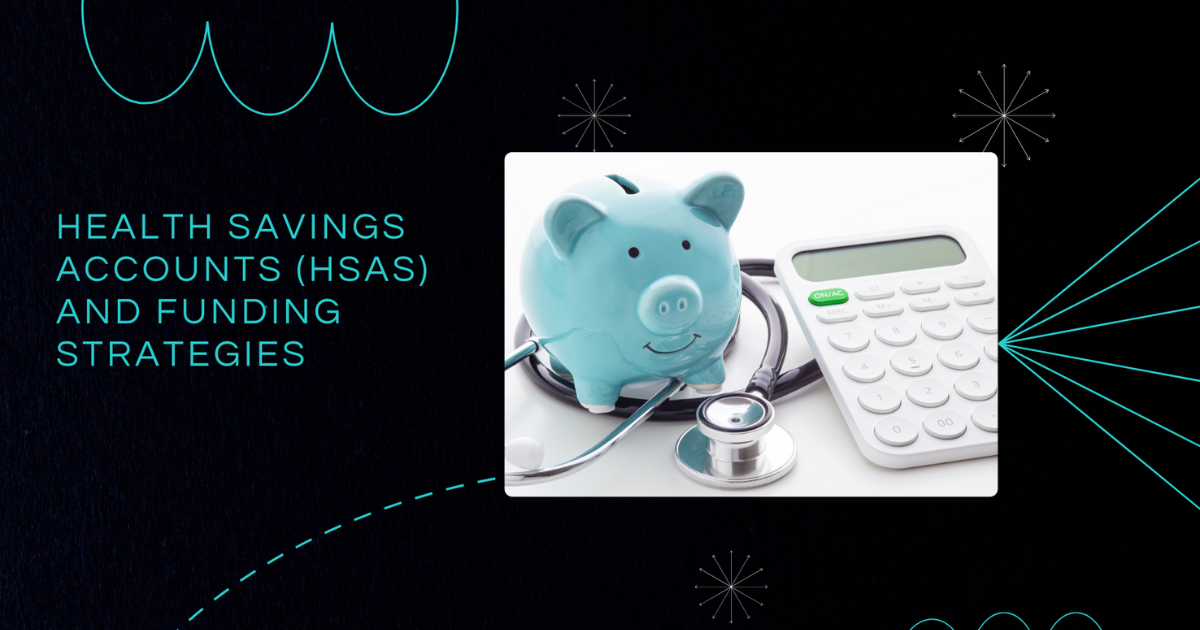
In today’s world, where healthcare costs continue to rise, finding effective ways to manage medical expenses is crucial. Health Savings Accounts (HSAs) have emerged as a powerful tool for individuals and families to save money while prioritizing their health. This blog post will delve into the details of HSAs, exploring how they work and offering insights into effective funding strategies.
A Health Savings Account is a tax-advantaged savings account that individuals with high-deductible health plans (HDHPs) can open to save for qualified medical expenses. What sets HSAs apart is their triple tax advantage – contributions are tax-deductible, earnings grow tax-free, and withdrawals for qualified medical expenses are also tax-free.
Eligibility: To open an HSA, individuals must be covered by an HDHP and cannot be enrolled in other health coverage.
Contribution Limits: There are annual limits to how much you can contribute to an HSA. These limits are subject to change, so it’s crucial to stay informed.
Tax Advantages: Contributions to HSAs are tax-deductible, reducing your taxable income for the year. This can result in significant savings come tax season.
Rollover Benefits: Unlike Flexible Spending Accounts (FSAs), HSAs have no “use-it-or-lose-it” policy. Any unused funds roll over from year to year, allowing for long-term savings.
Maximize Contributions: Aim to contribute the maximum allowed amount to your HSA each year. This not only maximizes your tax benefits but also ensures you have sufficient funds for potential medical expenses.
Employer Contributions: If your employer offers contributions to your HSA, take advantage of this benefit. Employer contributions can boost your HSA balance without affecting your personal contribution limit.
Invest for Growth: Many HSA providers offer investment options once your account balance reaches a certain threshold. Consider investing your HSA funds for potential growth, especially if you don’t anticipate using the funds for medical expenses in the short term.
Save Receipts for Future Reimbursement: While you can reimburse yourself for qualified medical expenses at any time, saving receipts and allowing your HSA to grow through investments can lead to more substantial tax-free withdrawals in the future.
Health Savings Accounts provide a unique opportunity to prioritize both health and wealth. By understanding the features of HSAs and implementing effective funding strategies, individuals can navigate the complexities of healthcare costs while building a financial safety net for the future. Whether you’re looking to save on taxes, invest for growth, or simply cover medical expenses, an HSA can be a valuable asset in your financial toolkit.
